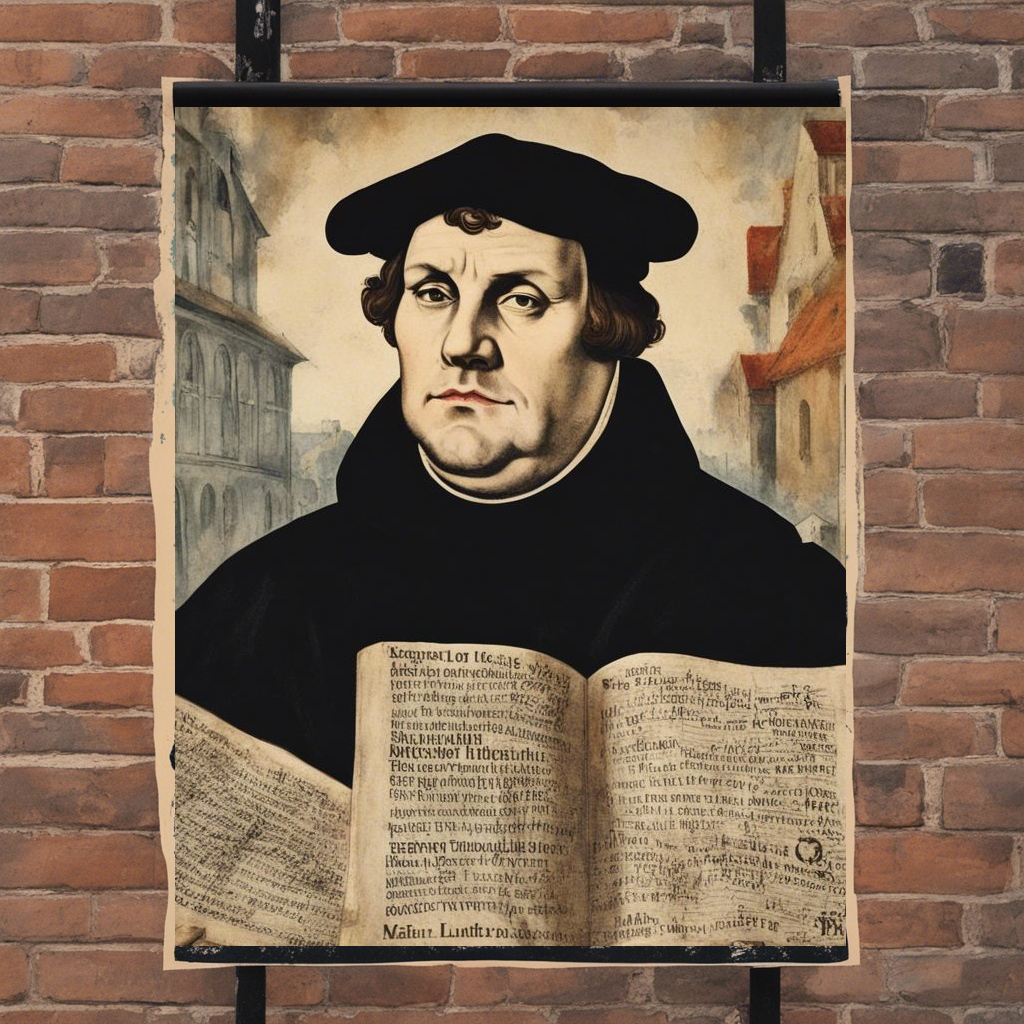Your cart is currently empty!
The Protestant Reformation

Summary
The Protestant Reformation, a 16th-century religious and cultural movement in Europe, was triggered by concerns about corruption and theological issues within the Catholic Church. Martin Luther, a key figure, challenged the Church’s authority, translated the Bible into German, and advocated for direct connections between individuals and God. The movement led to the creation of new Protestant denominations, political and social changes, and educational advancements. It also contributed to the scientific revolution and the Enlightenment.
Facts
German monk Martin Luther played a crucial role in the Reformation.
Luther challenged the Pope and the Catholic Church’s authority.
Luther translated the Bible into German, making it accessible to the public.
Reformation emphasized direct relationships with God without the need for priests or the church.
Led to the formation of new Protestant denominations: Lutherans, Calvinists, Anglicans.
The Protestant Reformation resulted in a division between Catholics and Protestants.
Reformation triggered political and social changes.
Contributed to advancements in education and the spread of ideas.
Laid the foundation for the scientific revolution and the Enlightenment.
Protestant denominations continue to play a significant role in the religious landscape.
by